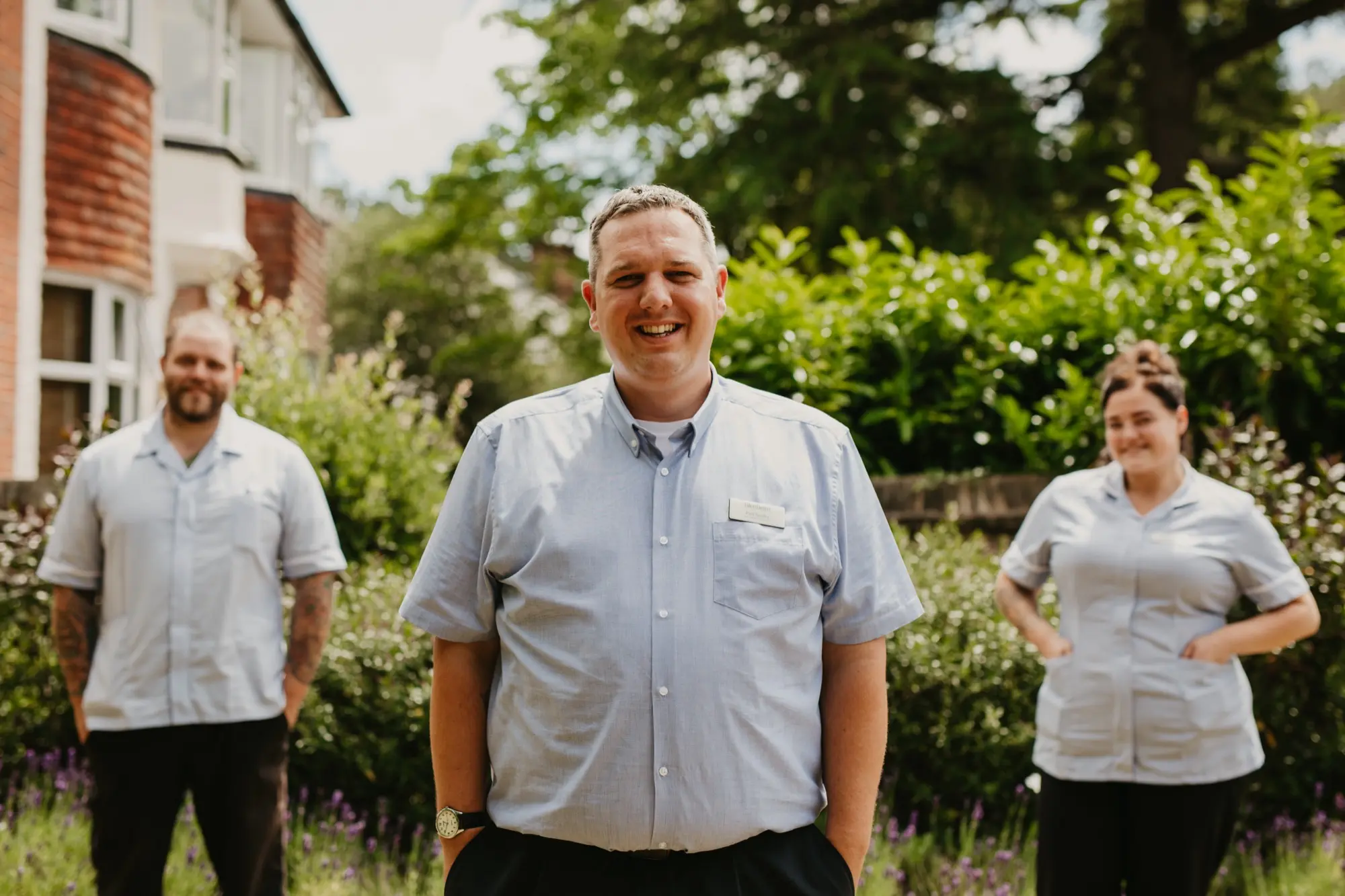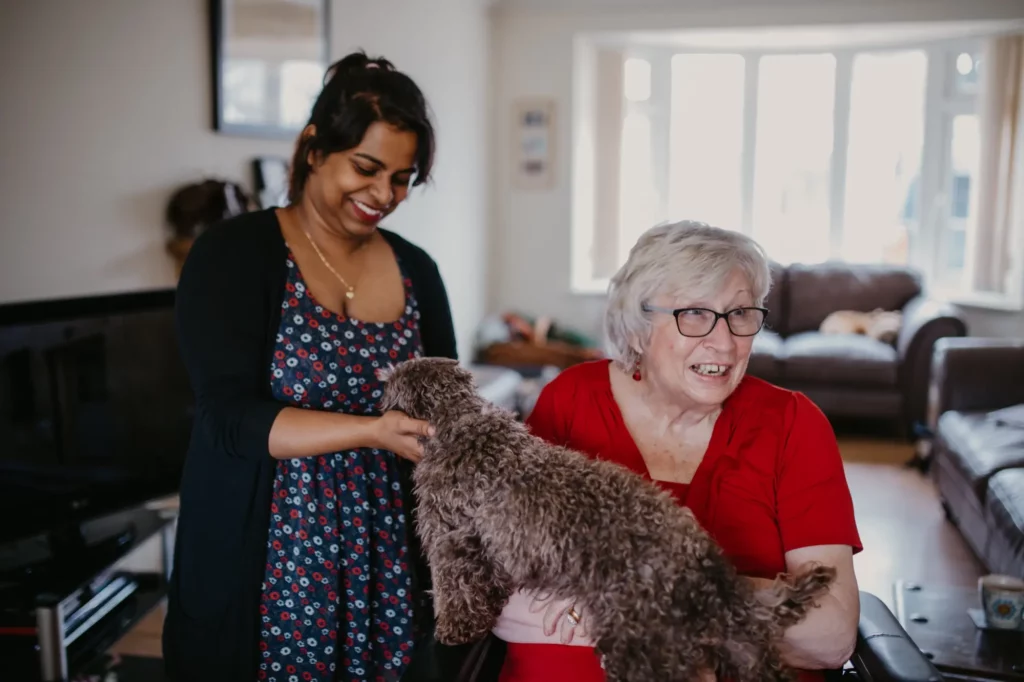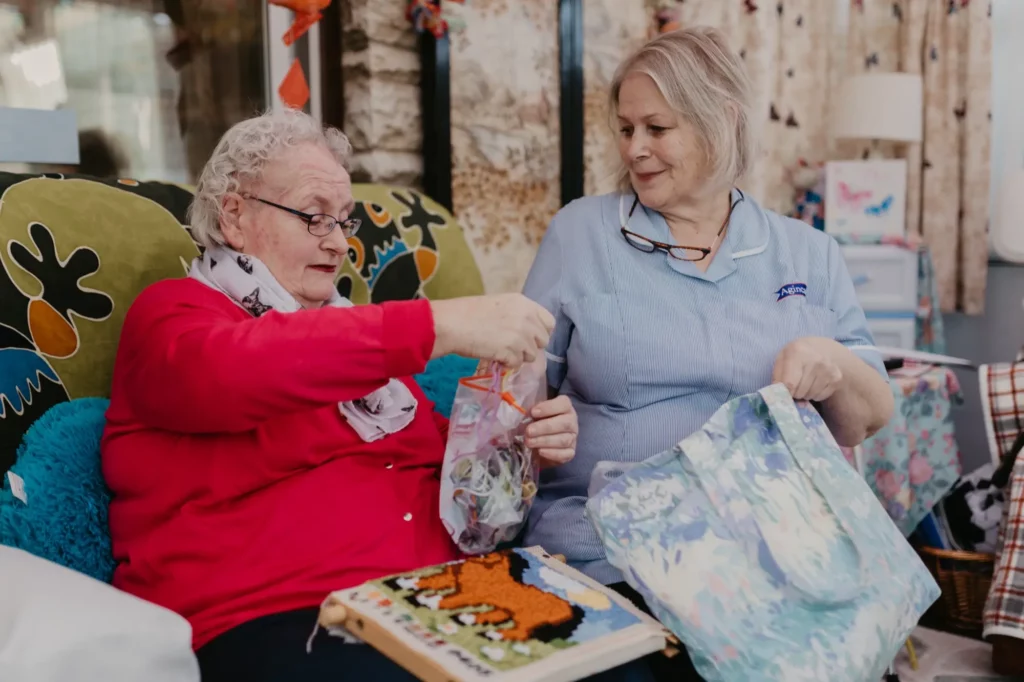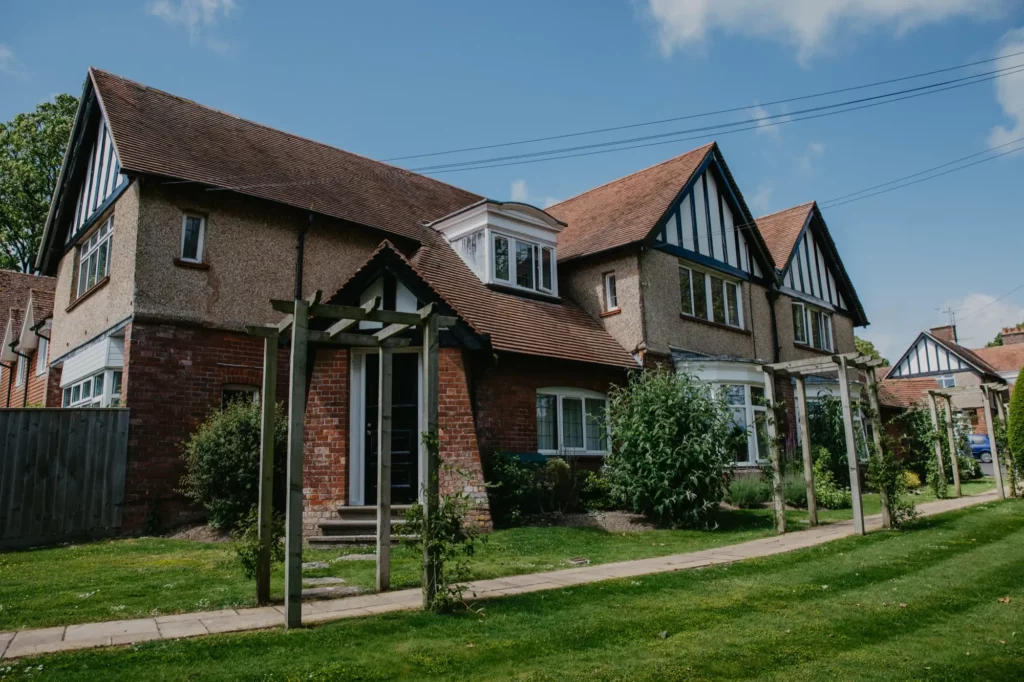With the right support in place, we are committed to helping people living with a spinal cord injury to live a fulfilling life the way they want.
We have extensive experience delivering high-quality affordable care to people living with spinal cord injuries.
We can help you find the right care solutions for a spinal cord injury that works for you and your family.
We go the extra mile to understand what you need. This covers not only your care and support needs, but also what is important to you such as hobbies, cultural and religious preferences and your social and family commitments.

Spinal cord injury care and support tailored to you
We work with you to create a care plan tailored to meet your unique requirements, helping you live independently in your own home. Our high-quality, affordable care services give you full control and choice with your care so it fits around your lifestyle, likes and dislikes. You choose the level of support that works for you


Types of spinal cord injury care and support
Spinal Cord Injury affects everyone differently and can take various forms.
We can support you to live the life you want to lead in the way that works for you. Although it can be life-changing, with the right support, you don’t have to lose your independence or your sense of self.

Frequently asked questions
A spinal cord injury is damage to the bundle of nerves and nerve fibers that sends and receives signals from the brain. The spinal cord extends from the lower part of the brain down through the lower back.
Spinal cord injury can be caused by direct injury to the spinal cord itself or from damage to the tissue and bones (vertebrae) that surround the spinal cord. This damage can cause temporary or permanent changes in feeling, movement, strength, and body functions below the site of injury.
Spinal cord injury can be described as complete or incomplete.
An incomplete injury means the spinal cord is still able to send some messages to or from the brain. People with incomplete injuries still have some feeling, function, and muscle control below the site of their injury.
A complete injury means that there is no nerve communication below the injury site; muscle control, feeling, or function below the injury is lost.
All our care and support team complete the nationally recognised care certificate. Specific client needs-led training is taught by internal and external trainers and/or healthcare professionals.
Each person will have their own unique experience following a spinal cord injury which is tailored to their individual care plan. We will regularly assess your care plan to reflect any changing care needs or requirements.
One of our trained assessors will visit you in your home for a free, no-obligation assessment of your spinal cord injury at a time and date that suits you. By fully understanding everything about you, together we can create a bespoke spinal injury care plan and choose the best care worker to provide you with that care. We will continually review your care and support needs with you, to make sure you’re getting exactly the care you need.






